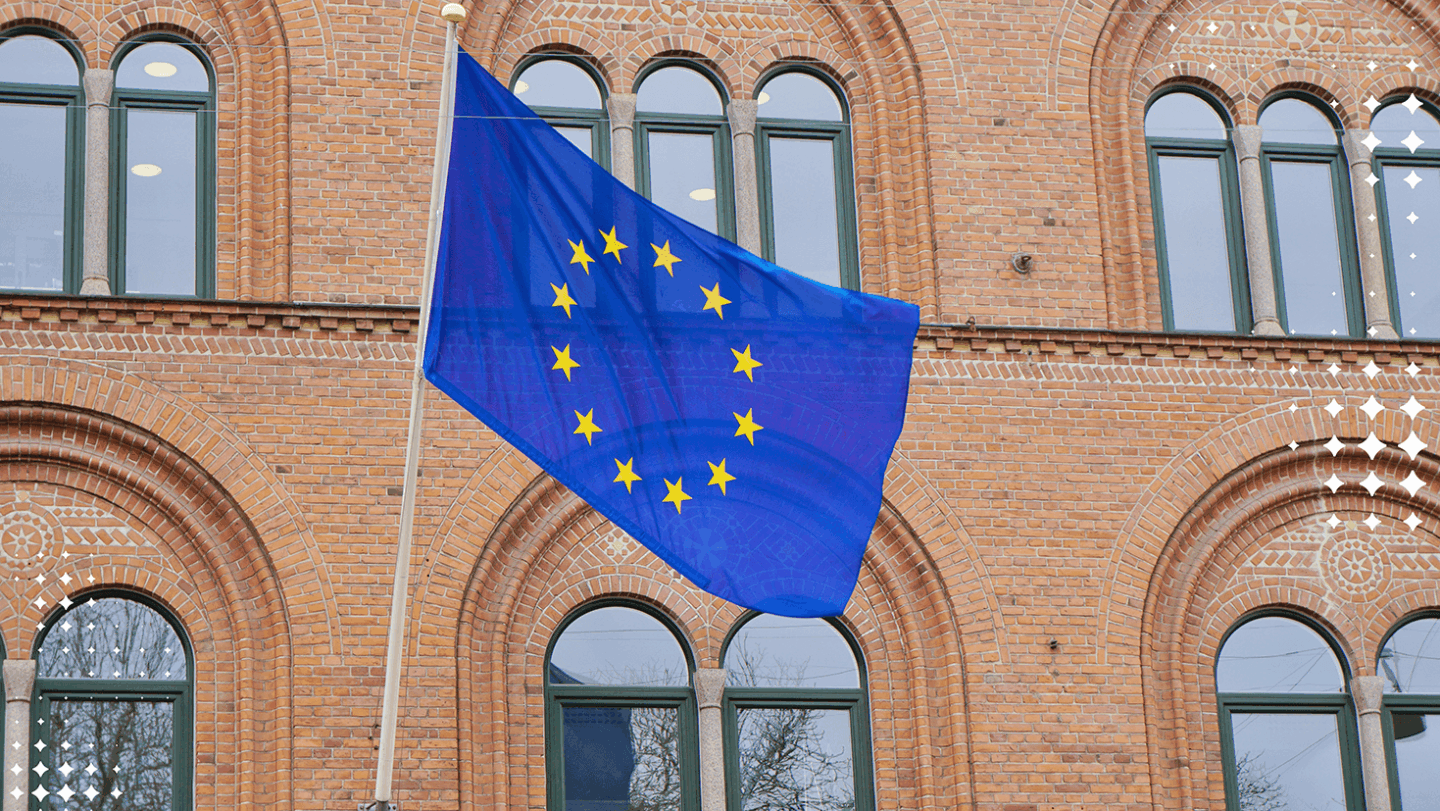
Cybersquatting
When a strong digital presence is the key to a brand's success, cybercriminals have much to gain by trying to exploit it. In this article, you'll get the lowdown on what you need to know about cybersquatting and how to avoid being affected.
What are the consequences of cybersquatting?
Cybersquatting often leads to:
- Your company loses money or sensitive information
- Your customers are turning to your competitors because they no longer perceive your company as a safe choice
- The image of your brand is negatively affected
- Your company is missing out on revenue

What is cybersquatting and how does it work?
Cybersquatting is when a malicious actor registers a domain in the name of an established company for their own gain. The purpose of this is to exploit the brand's good reputation in one way or another to make money or spread computer viruses. When cybersquatting first emerged in the 90s, it was common for cybercriminals to buy up domain names that established brands had not yet managed to purchase. The companies then had to pay large sums to take over the domain names. Since then, the phenomenon has evolved and is primarily used to trick users into fake online shops or websites that engage in fraud, phishing, or the distribution of malicious code.
Combat cybersquatting with Abion
There is a simple way to prevent your company from falling victim to cybersquatting – by using our monitoring services. With Domain Monitoring and Domain Surveillance, we immediately update you if someone registers a domain that resembles yours or if an already registered domain becomes active. This way, you can ensure that your company's digital presence is controlled by you and no one else. Get in touch and we'll tell you more!
Frequently asked questions about cybersquatting
Yes, for example, you can use Abion's domain monitoring. With the service, the web is continuously monitored so that you quickly become aware if someone tries to exploit your brand.
Typosquatting is a type of cybersquatting that involves an actor registering domains with misspelled versions of well-known company names.
Cybersquatting begins when a criminal registers a domain name that resembles an established company's, and tries to exploit the brand's position for personal gain.
Questions about cybersquatting?
Contact us for help and guidance!
Insight and support
Popular blogposts

NIS2 and DORA: Why Cybersecurity Has Become a Board-Level Responsibility


